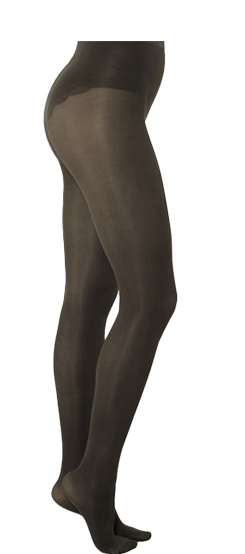The causes of aching legs are many and varied. Some common causes of tired aching legs include:
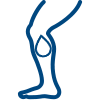
Muscle cramps
If you are taking exercise that is perhaps slightly more intense than you are used to, you can create a build-up of lactic acid in your muscles. This causes inflammation and slight cramps. This is uncomfortable but is temporary and usually, wears off within a day or so.
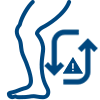
Poor circulation
If you have diabetes, or if you smoke, you can have problems with Poor Circulation in your legs. A deep aching and burning sensation can be a result of furring up of the arteries that supply your leg muscles with blood. This is known as peripheral vascular disease and often causes tired and aching legs.
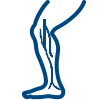
Varicose veins
When the tiny valves in the veins of your legs collapse, blood can build up and cause a blockage. This makes the veins swell and expand. Tired aching legs is a common symptom of Varicose Veins.
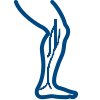
Deep Vein Thrombosis
If one of the veins deep within your leg becomes blocked by a clot, this causes the leg to swell and leads to intense aching, which is difficult to relief. Deep Vein Thrombosis usually occurs in one leg, rather than both at once.

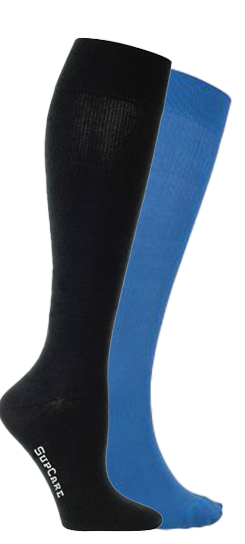
 Order Now
Order Now